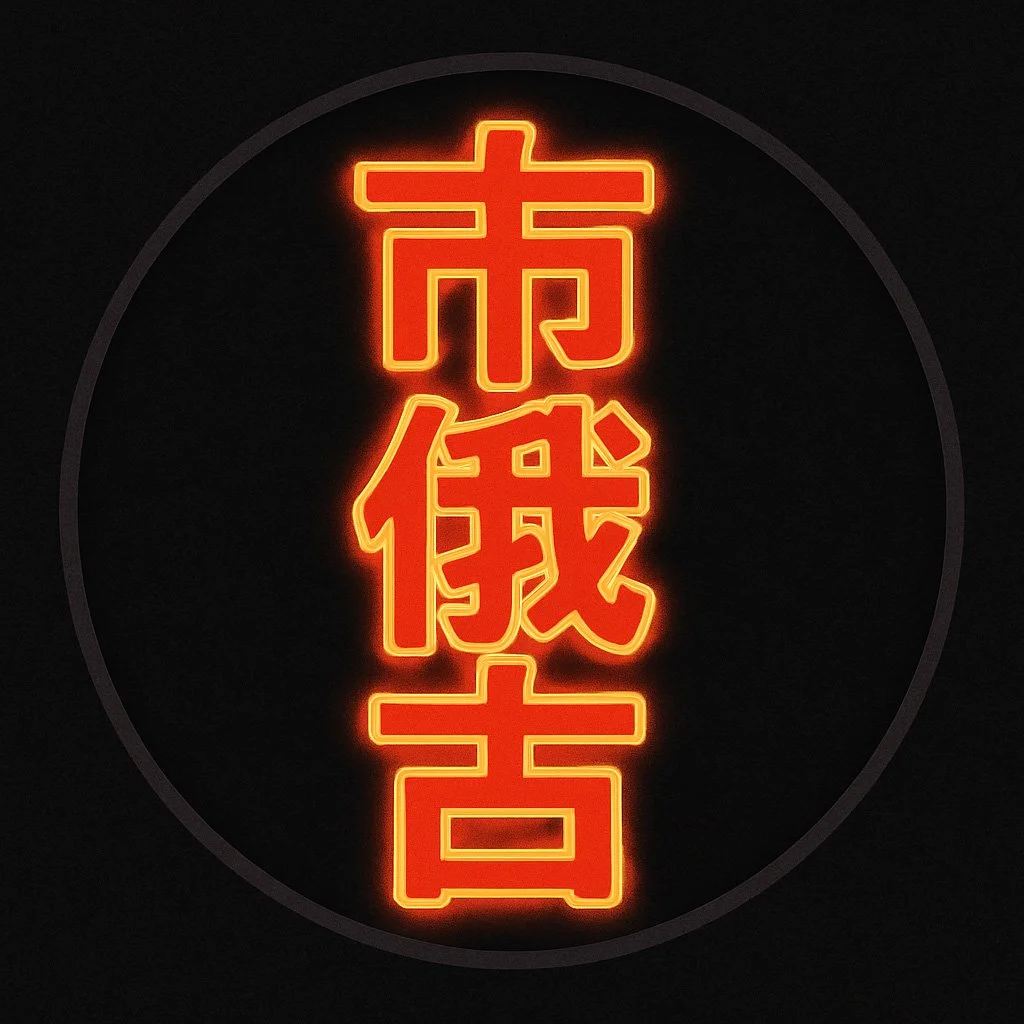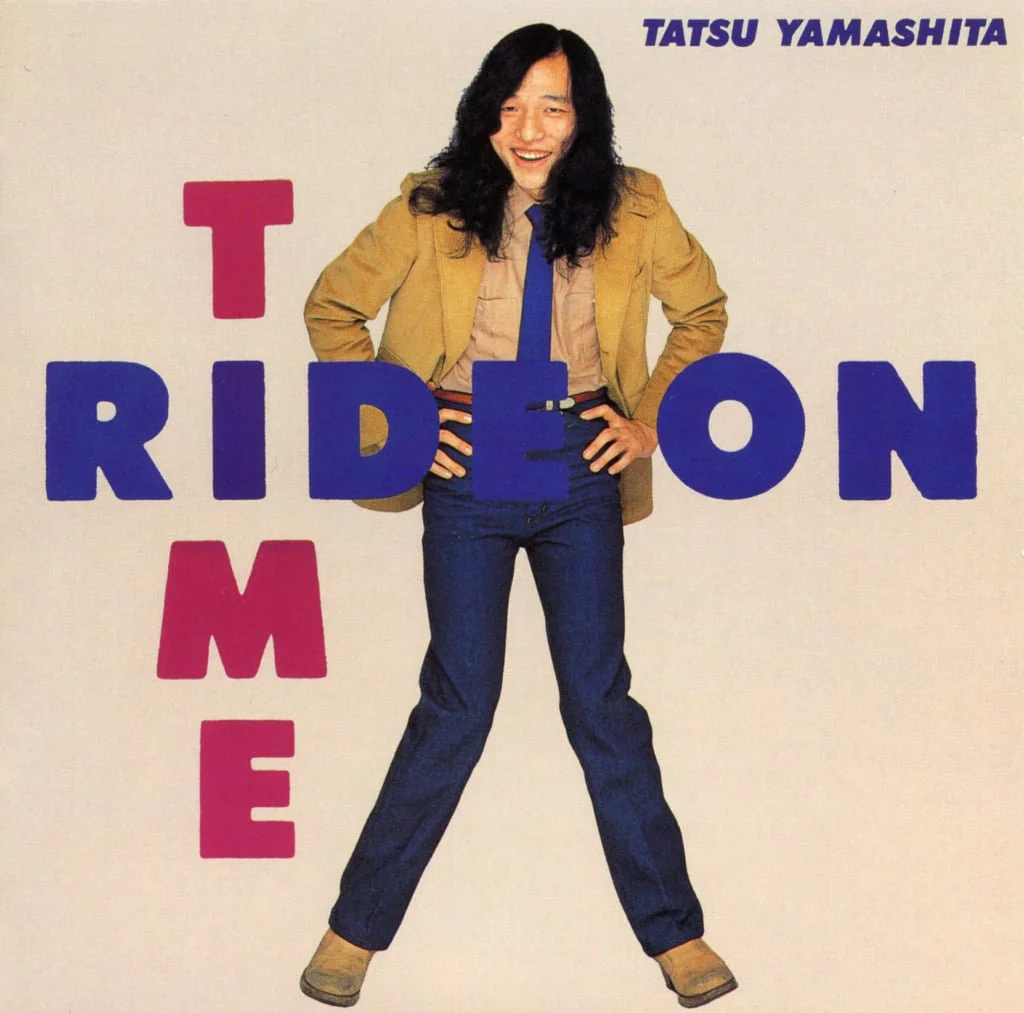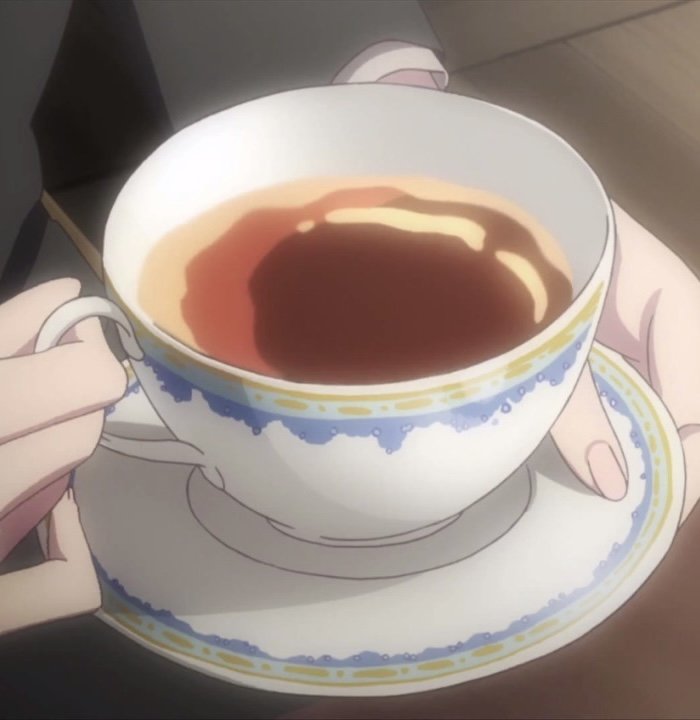Hideki Saijo: The Japanese Elvis Presley
Who Was Hideki Saijo?
Hideki Saijo was a famous Japanese music and television star who drew comparisons to Elvis Presley for his passionate stage persona that defied traditional Japanese preconceptions about music performance. His real name was Tatsuo Kimoto born on April 13, 1955, in Hiroshima.
With a career spanning 5 decades, Saijo was good at almost everything he did and whose creative live performance captured Asia's heart with a profound and passionate style of singing. His career could not be contained by one specialty as he could not only sing, dance, and produce but had also been featured in cinema and television making him one of the most versatile creatives of Japan's post-war bubble economy era.
Having a discography of over 59 albums and winning multiple awards for his music throughout Asia, very few other artists could compare to the sensational singer who seemed destined to become a legend in Japan, and now thanks to the internet his legacy is reaching new audiences and enchanting a younger non-Japanese demographic worldwide.
Hideki Saijo, Hiromi Go, Goru Noguchi
Thanks to City Pop's resurgence globally many Japanese singers from the 70s and 80s who were originally contained within the country are having their music finally becoming more appreciated overseas. Artists like Tatsuro Yamashita and Mariya Takeuchi have already made their mark on international listeners but now many other artists such as Hideki Saijo are being talked about and recognized for their contributions to music and culture as well.
Many new fans of Saijo Hideki are being mesmerized by his unique vocal style and diverse range of genres with few comparisons to similar singers in the west. Few artists have had such a lasting appeal as Hideki, having started off as the new generation of male idols in the early 70s along with Hiromi Go & Goro Noguchi. With a rock-star attitude on stage and unapologetic cosmopolitan energy, it's easy to see why his fan base ranges all ages and nationalities regardless of knowing how to speak Japanese or not.
The mark of a true artist is being able to convey emotion, nuance, and feeling across any medium, and Saijo definitely had an innate ability to create such moods seemingly with minimal effort.
Hideki Saijo ‘From Tokyo’ LP
Having been inspired by western music by such artists as The Ventures, The Rolling Stones, Jimi Hendrix, Janis Joplin, Chicago, and The Beetles, Hideki eventually joined a school band that would start his musical journey that would extend far into the future. Being located near a military base he had access to the latest western music and trends that even people in Tokyo did not yet have which furthered his understanding of what Japanese music could become.
His affinity for western styles of music, passion for his craft, and unique charisma set him apart from many of his musical peers which caused many music critics at the time to view him in an ambivalent and sometimes unappreciative light. His powerful and energetic presence might have been a turn-off for many Japanese who were disapproving of his western-inspired directness that is often frowned on in Japanese culture as being immodest and righteous.
Often not even acknowledged for his incredible talents, many critics possibly were displeased with not easily being able to categorize or define him in a way that had been expected of many singers in that era.
Saijo led a bit of a rebellious youth and often got into spots of trouble but this edgy nature would be the roots of his daring musical pursuits that often steered away from the traditional image of what a male Japanese idol should have been. During a time when singers were not supposed to move very much while on stage, Hideki defied the standard and through his lively performances, he became known as the “sexiest singer” in Asia for his perceived bad boy rhythmic movements which inspired other singers to begin performing in a similar style.
His father was very traditional, strict, and highly disapproving of Hideki joining the entertainment industry but regardless on October 3, 1971, at the age of 16, he rode a one-way train to Tokyo from Hiroshima ready to start off on an uncertain path that would eventually lead him to super-stardom. Originally writing songs and helping with the production he would soon find that he was quite a capable singer, which further enabled him to create his fame as a preeminent idol. In 1972 he debuted on label RCA as his artist name Hideki, which referenced a catchphrase for calling for “Schoolgirl Friends” on stage and him being a “wild 17-year-old singer.”
While releasing many records in the 70s and 80s he became well-known for doing covers of popular western songs 'YMCA' by the Village People, 'Careless Whisper' by George Michael, and 'In Search of Love' by Barry Manilow. Hideki's mastery of western-styled songcraft was exemplified in this discography as he tastefully created songs in multiple genres that not many in Japan were familiar with or quite ready to accept.
Regardless of the cold treatment from critics, he continued to delight his fans with wonderfully produced albums that had a very diverse range of themes that included romance, heartbreak, urban life, and melancholy to name a few. While being able to perfect ballads of all sorts, he also did very high energy upbeat music infusing elements of disco, new wave, and dance genres making him a very intimidating artist for some to deal with for being so capable.
This confidence about his craft, style, and performances gave him an image of being a savant causing many of his achievements to go ignored by popular Japanese media due to standing out maybe too much, which the Japanese tend to regard unfavorably.
Sadly, Saijo passed away on May 16, 2018, from heart failure while in Yokohama, Kanagawa prefecture. His life was celebrated by many famous Japanese and fellow singers in Japan who lamented the singer’s passing as too soon. In spite of being overlooked by critics and apparent disregard from many in Japan, his music now stands testament to the creative genius of an artist who broke boundaries and dared to be something different in a culture that hammers the nail that sticks out.
Regardless of the past ill-treatment, he is now being listened to by people all over the world who have come to love his music and find some meaning in his ability to infuse profound emotion in his voice and song. Few artists ever grow to the level of Hideki and leave such a lasting impression on the world.
He lives on through his extensive library of music that will be preserved and rediscovered over and over by different generations looking back on iconic music from the past. With a growing cult of admirers thanks to the music sharing sites and streaming services, Hideki Saijo continues to enchant his audience and build a new reputation among those who can see true artistry for what it is; an expression of the soul.
Thank you very much, Hideki Saijo!
(Please enjoy a mix of some of his best songs from the 80s and please consider purchasing his music on his website http://www.earth-corp.co.jp/HIDEKI/ )
AUTHOR
Van Paugam is an Internationally-Acclaimed DJ and leading figure specializing in 70s and 80s Japanese Music, dubbed City Pop. He has organized and hosted over 100 events dedicated to the style, and actively promotes Japanese culture while on the board of the Japanese Arts Foundation of Chicago. He has been featured on CNN, NHK, and many other publications for his dedication to City Pop. Van is credited with being the first person to begin popularizing City Pop online through his mixes on YouTube in 2016, and subsequently through live events. Learn More…































